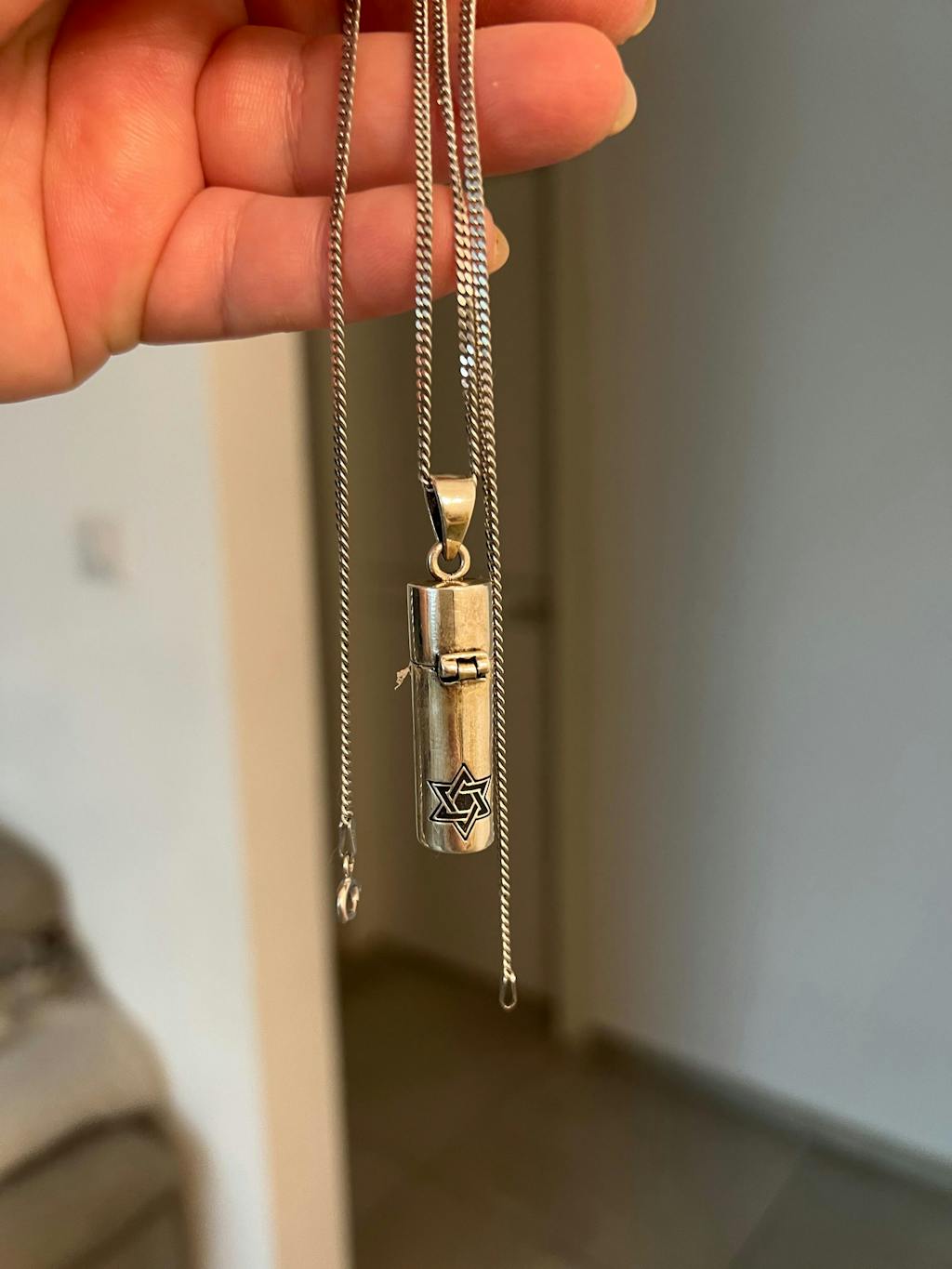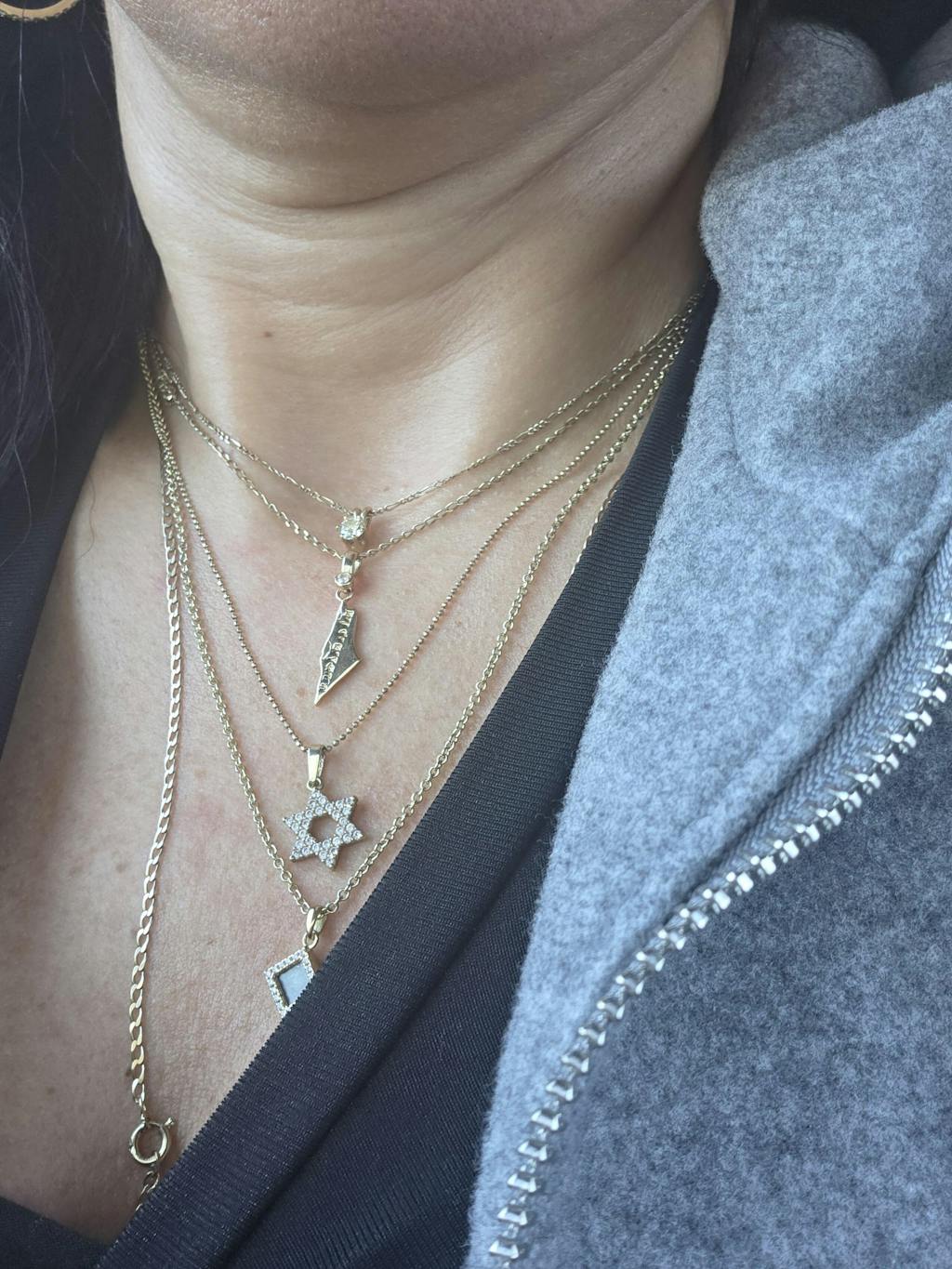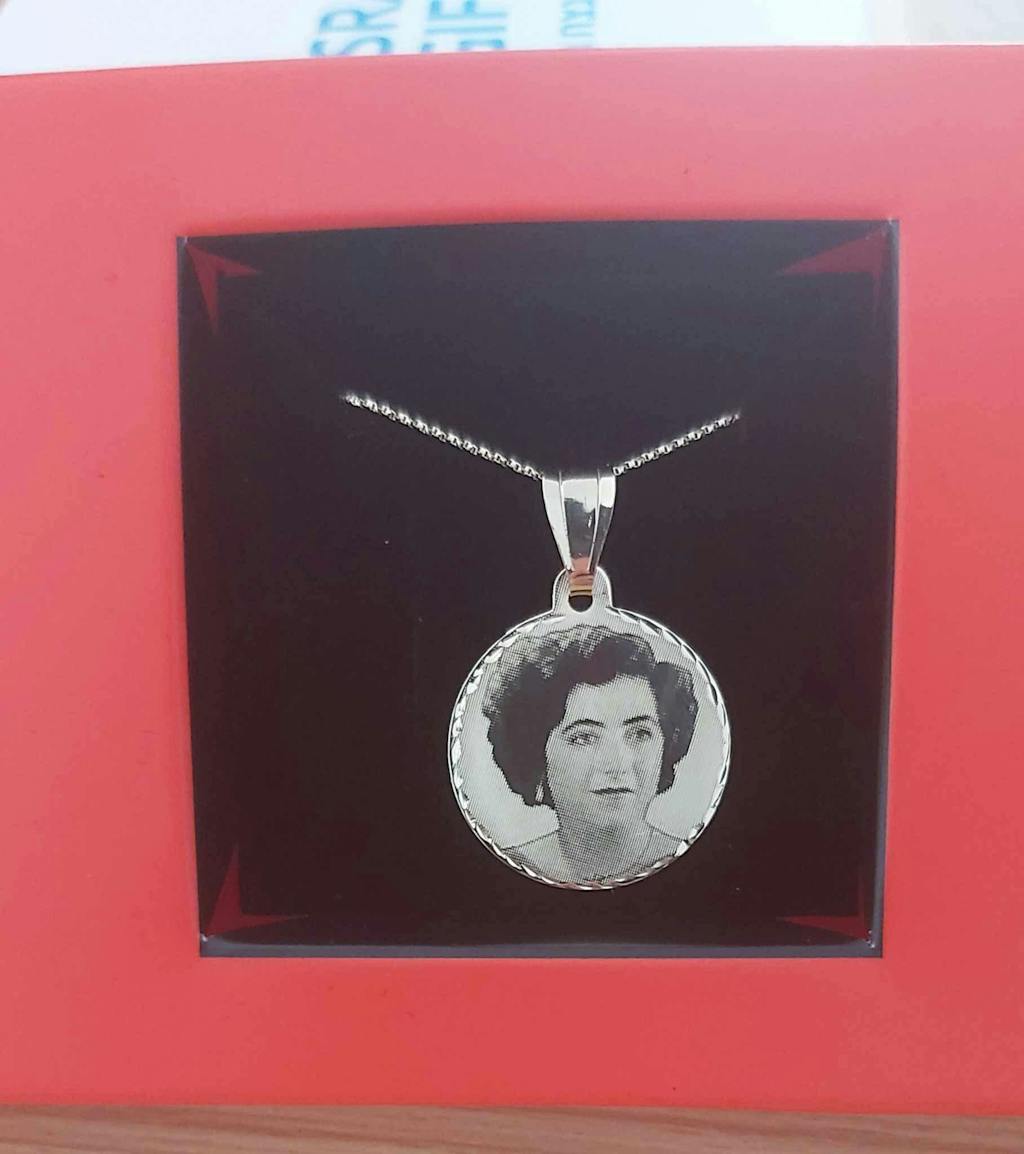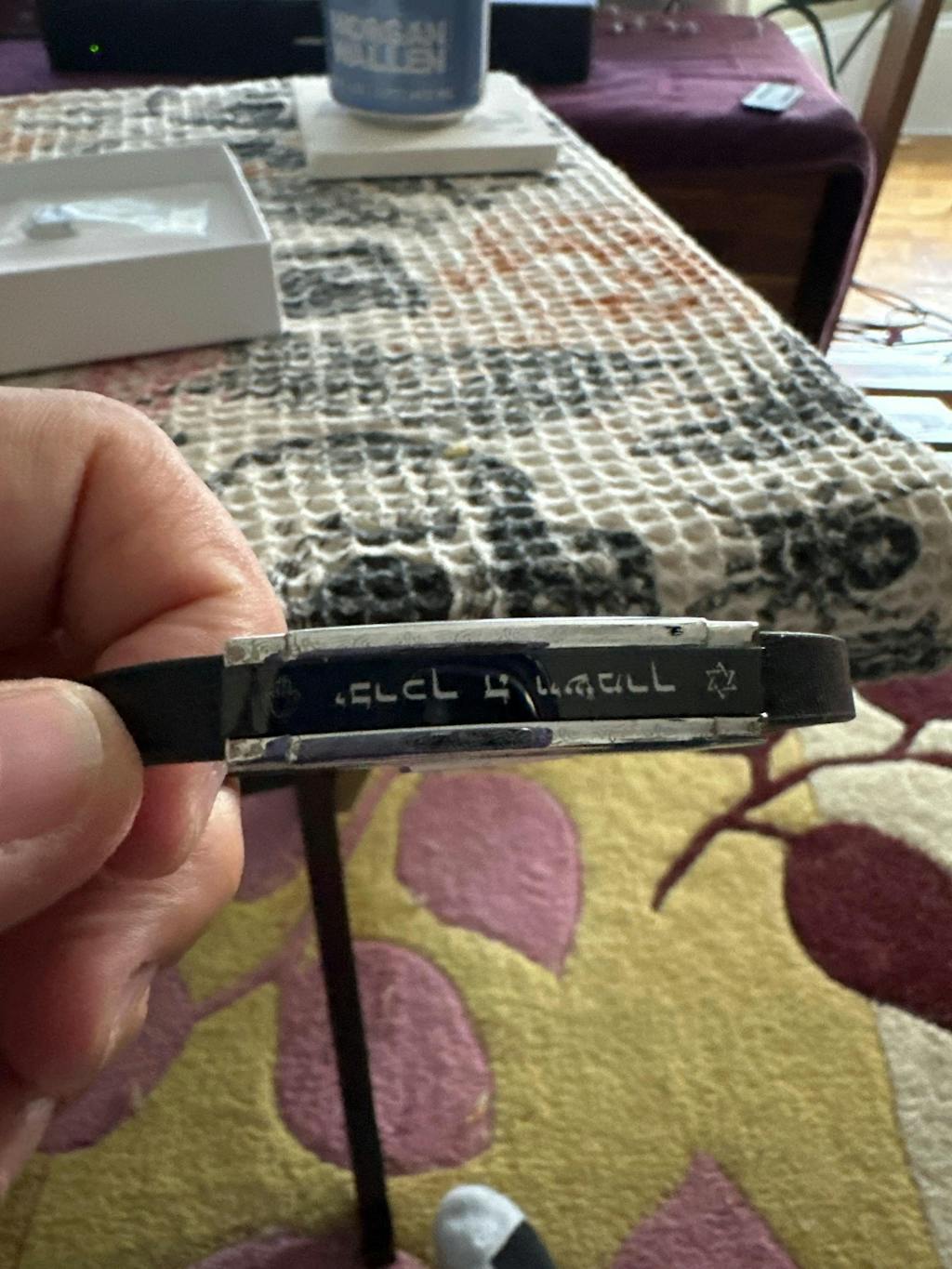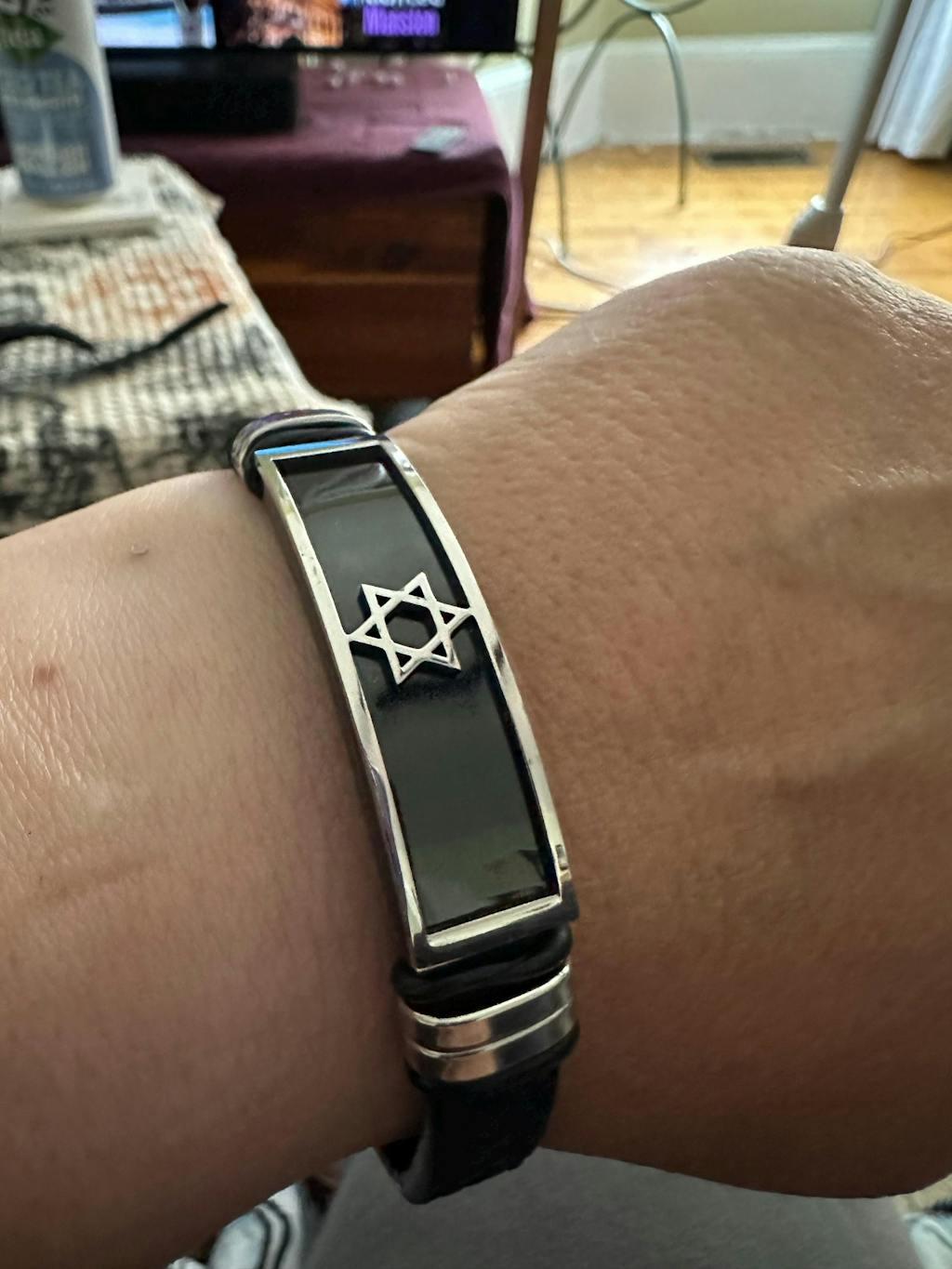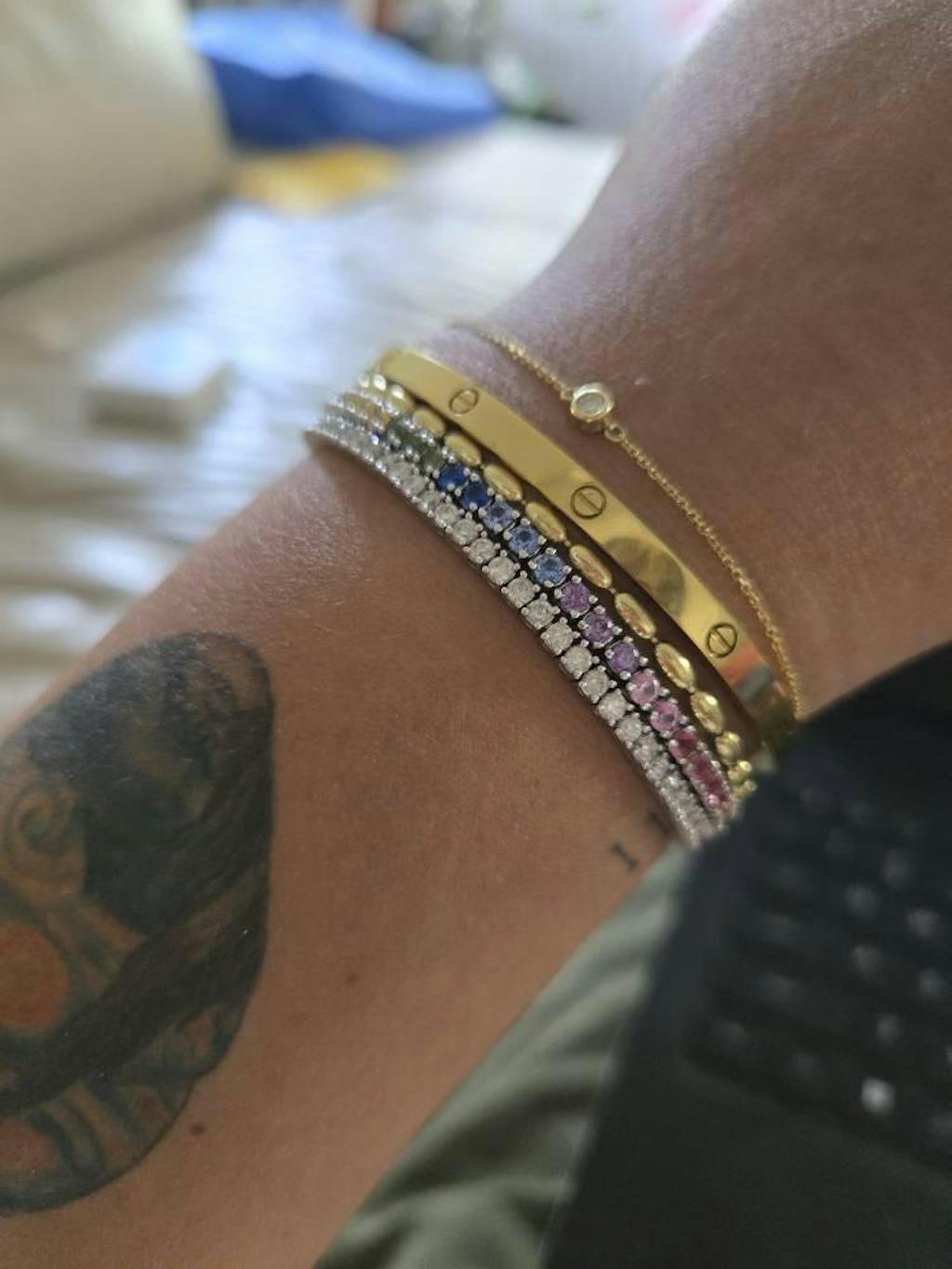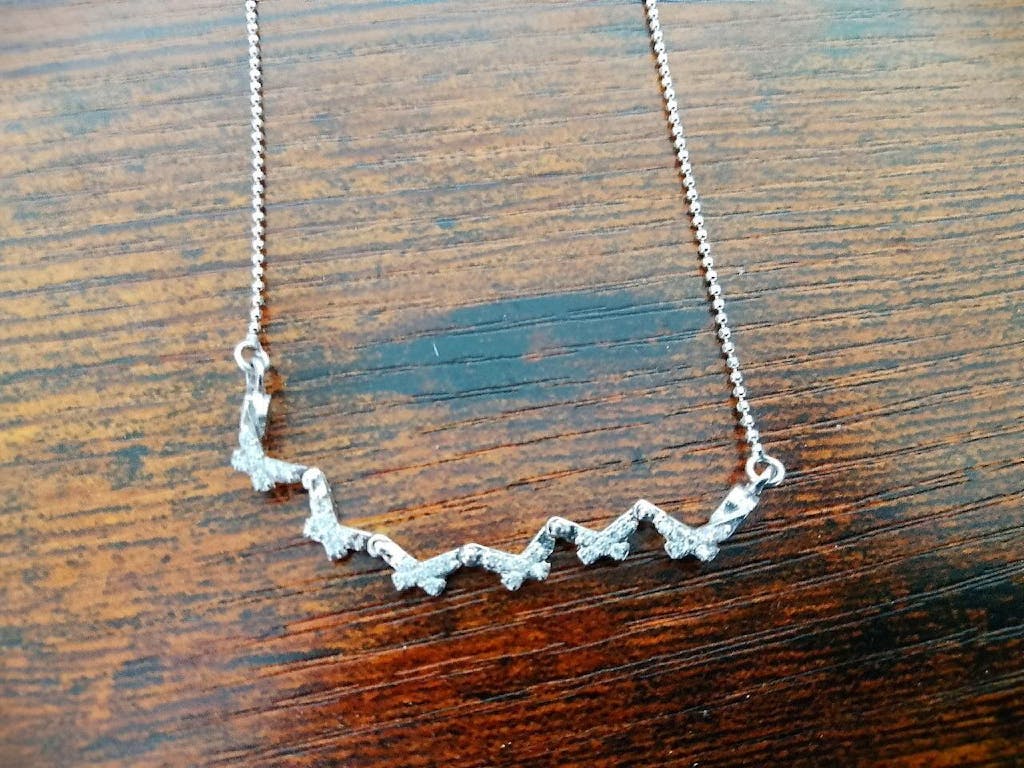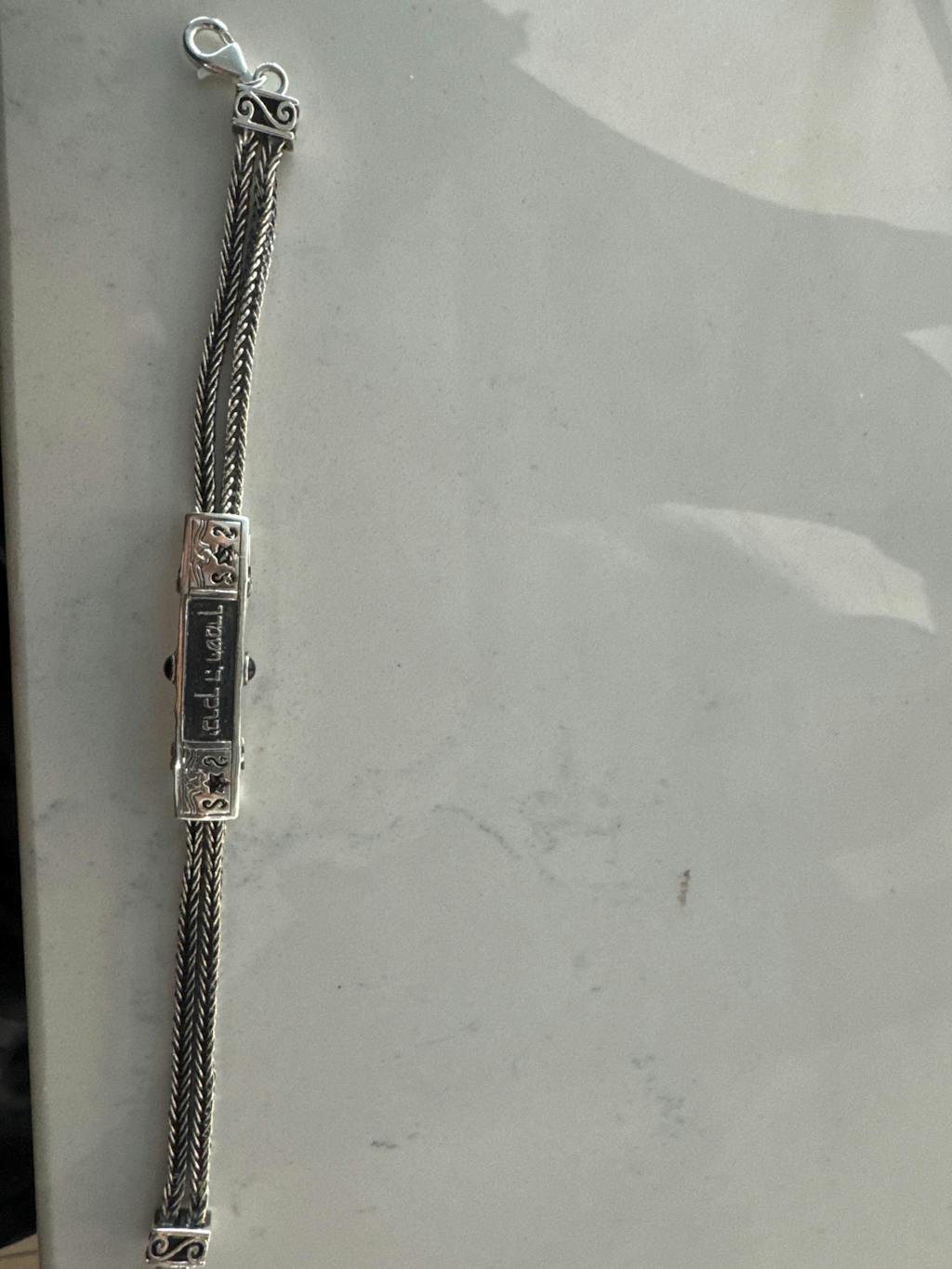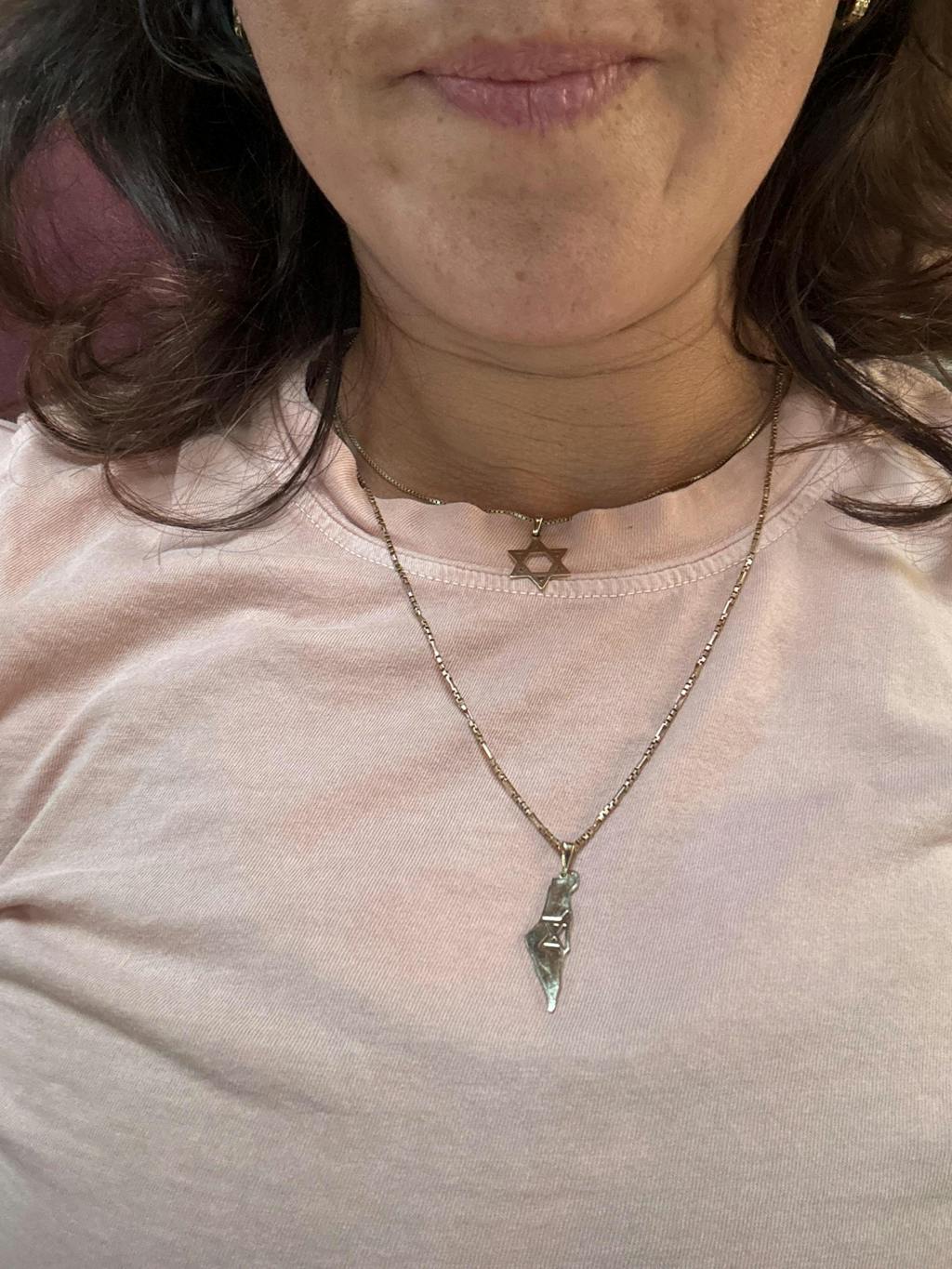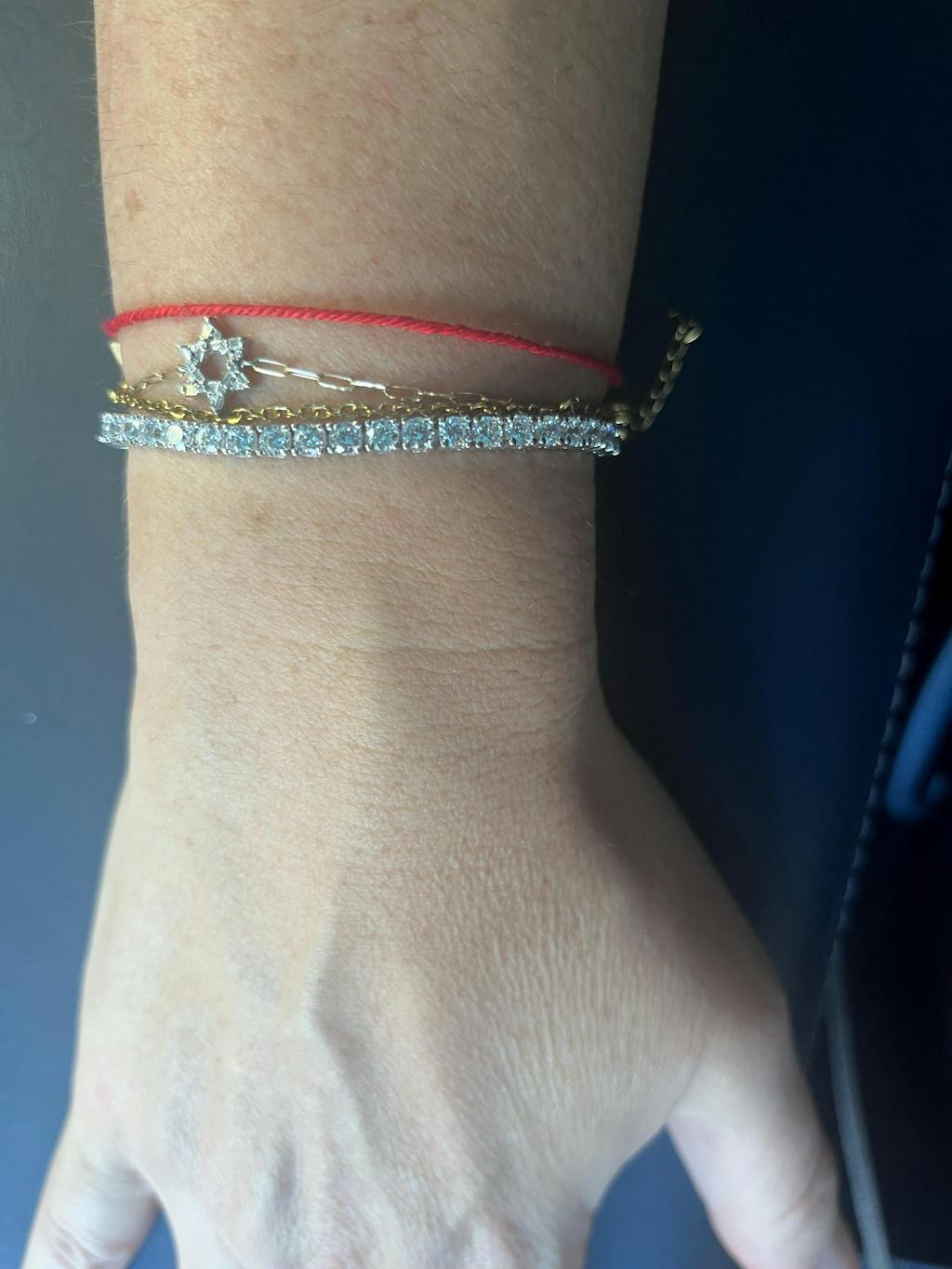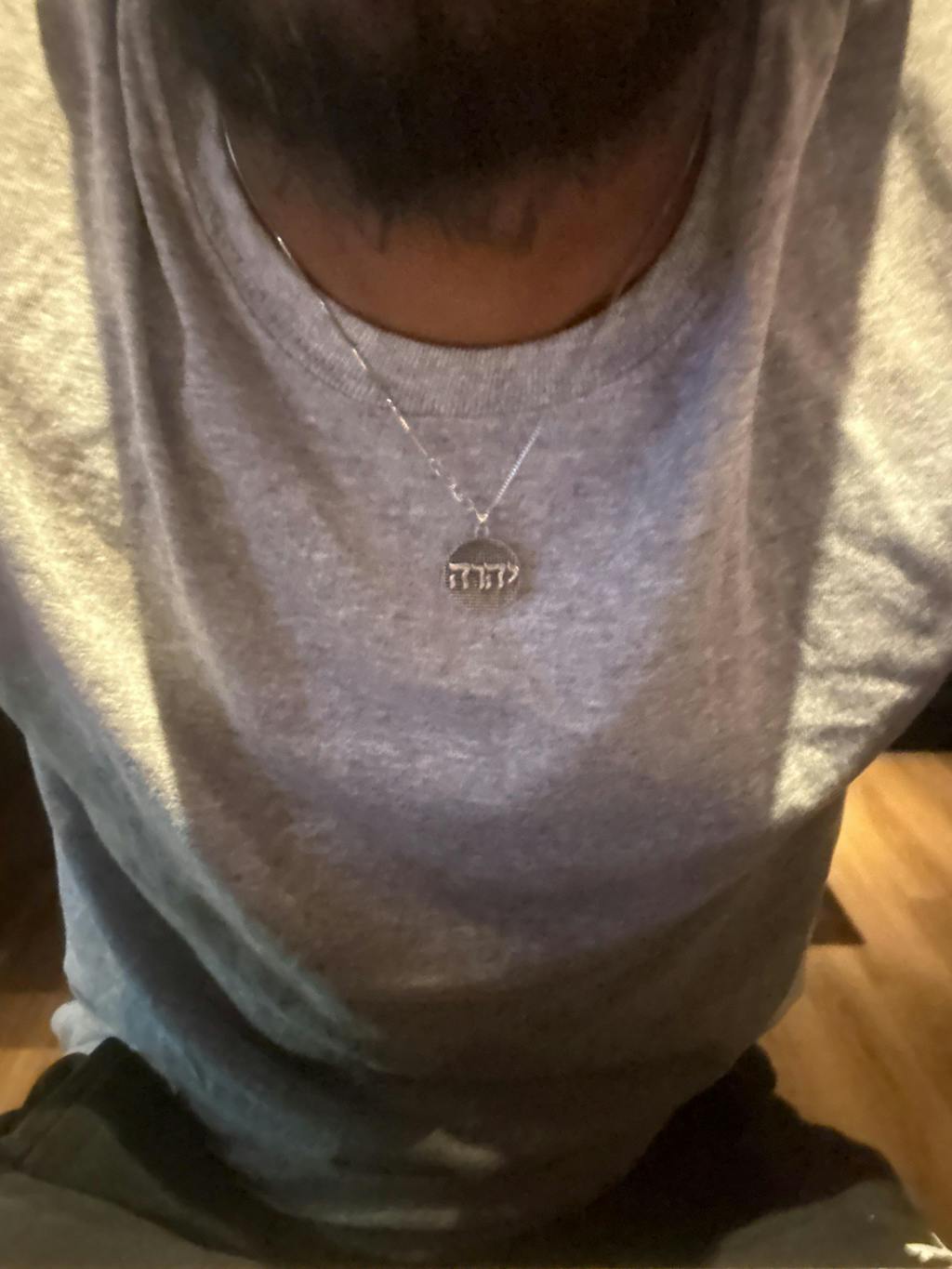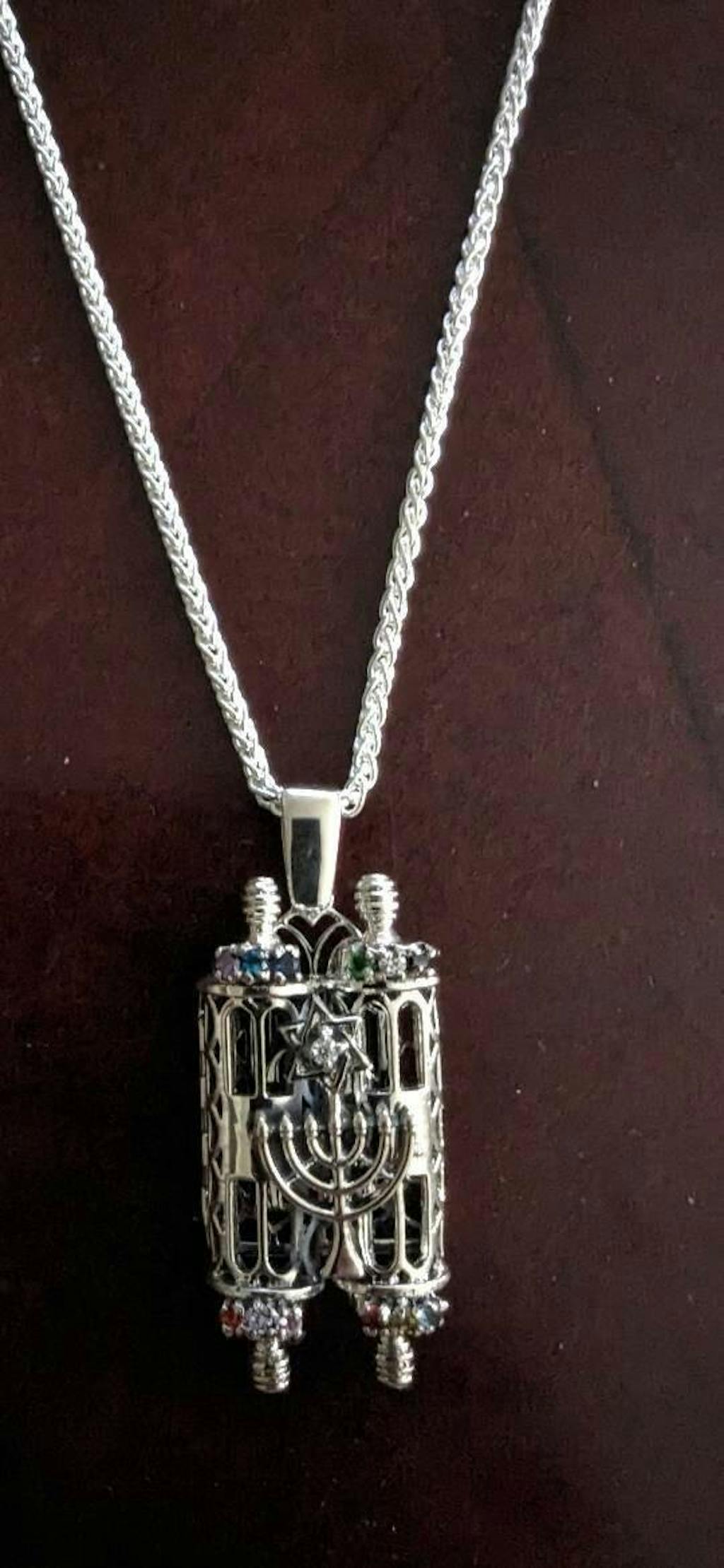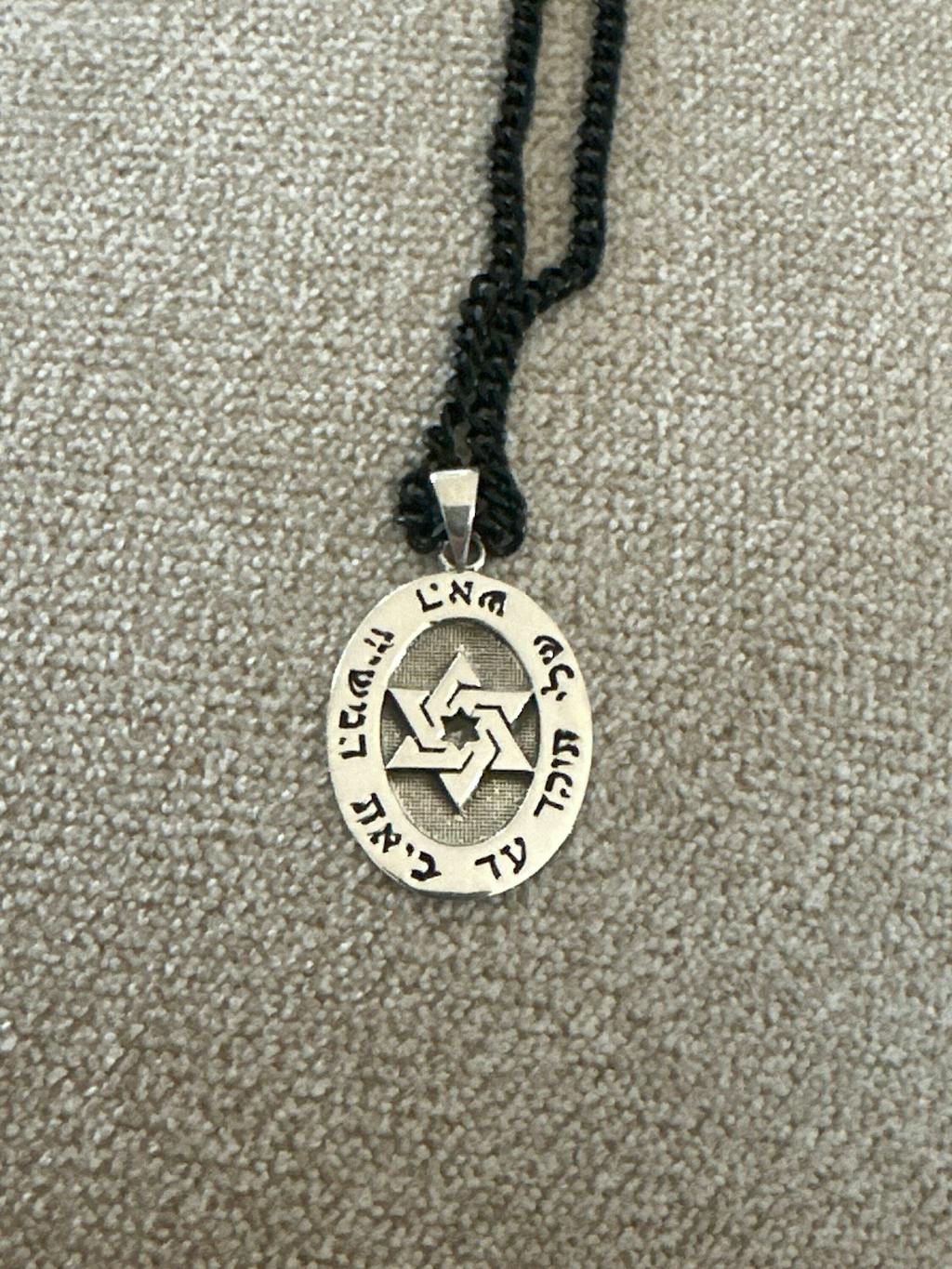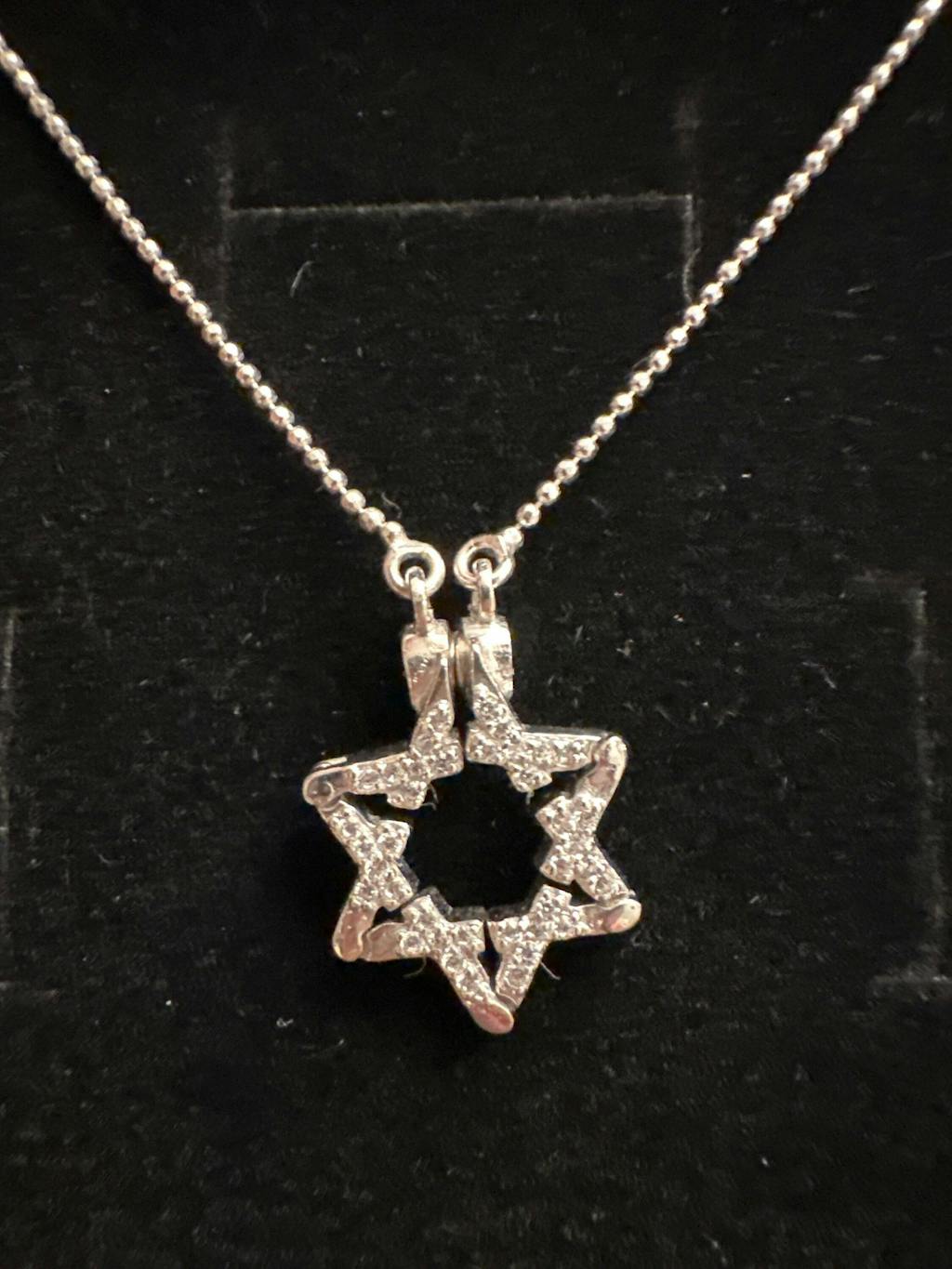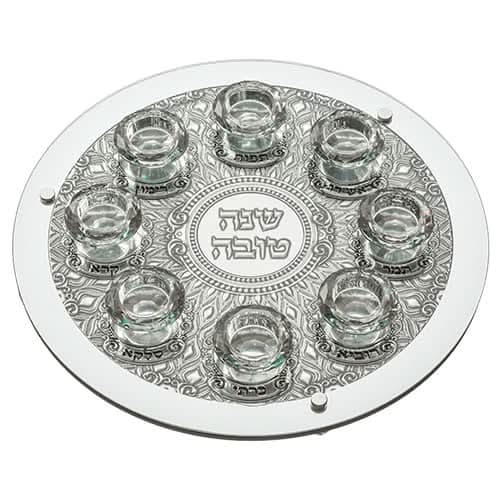
Large (40 cm) glass Rosh Hashanah plate with a "Rosh Hashanah" look
תיאור
בקצרה:
* צלחת זכוכית גדולה ומרשימה (40 ס”מ) מהודרת עם גימור מראה לראש השנה.
* הכיתוב “ראש השנה” במרכזה ועיטורים מהממים.
* צלחת יוקרתית אשר תכניס אור ואושר לשולחן החג שלכם – מתנה מיוחדת לראש השנה – תוספת מרשימה ומודרנית לכל שולחן חג.
* אמנות ישראלית מקורית.
* אחריות ל- 12 חודשים.
* אורך / גובה: 15.75 אינצ’ / 40 ס״מ, חומר: זכוכית, משקל: 0.98 פאונד / 2.48 ק״ג, גודל: 40
קישור לכל מתנות ראש השנה לחצו לכאן!
פרטים נוספים
A large and elegant glass plate (40 cm) for Rosh Hashanah
With the inscription "Rosh Hashana" and decorations
The inscription of all the symbols of the holiday on the plate in Hebrew:
APPLE IN HONEY
Fish Head - FISH HEAD
Tamar - DATES
Rubia - BLACK EYED PEAS
I am a leek.
Selka - BEET
Read - GOURD
Pomegranate - SWEET POMEGRANATE
Service to the whole country.
* Sometimes product images do not illustrate the exact size or appearance of the product.
Rosh Hashanah (Jewish New Year) :
Rosh Hashanah marks the beginning of the Jewish new year. It is a time of reflection,
Introspection and repentance. On this holiday, the shofar (ram's horn) is blown to symbolize a call to repentance and spiritual awakening.
Traditional gifts for Rosh Hashanah include a holiday bowl, a honey pot, runners, honey, and apples, symbolizing a sweet and fruitful year ahead.
The importance of observing the holiday:
Rosh Hashanah encourages Jewish people to reflect on their actions from the past year, ask for forgiveness, and strive to improve themselves.
The act of giving and receiving meaningful gifts emphasizes the importance of building and maintaining strong bonds with family and friends during this sacred time.
Rosh Hashanah, known as the Jewish New Year, is a significant and joyful holiday that has deep spiritual significance for the Jewish community around the world.
Rooted in ancient traditions and customs, Rosh Hashanah serves as a time of introspection, renewal, and prayer. Celebrated with special dinners and the exchange of
Meaningful gifts, this holiday holds a central place in Jewish culture and continues to connect generations with their shared heritage.
Origins and meaning of Rosh Hashanah:
Rosh Hashanah, translated as "New Year's Day" in Hebrew, takes place on the first and second days of the month of Tishrei, usually in September or October.
The origins of the holiday can be traced back to biblical times and are mentioned in the Torah, especially in Leviticus 23:24-25.
The celebration of Rosh Hashanah is multifaceted. First, it is a day of remembrance and recognition of God's sovereignty, as Jews believe that on this day, God judges every person,
One examines one's actions from the past year and determines one's destiny for the coming year. It is a time for repentance, self-examination, and seeking forgiveness from both God and man.
Customs and traditions:
A. Blowing the Shofar:
One of the most distinctive customs of Rosh Hashanah is the blowing of the shofar, a hollow ram's horn. The distinctive sounds of the shofar serve as a wake-up call for individuals to reflect on their actions and spiritual growth.
B. Tashlich:
Tashlich, which means "throwing" in Hebrew, is a symbolic act performed on the afternoon of Rosh Hashanah near a body of water.
On the first day of Rosh Hashanah (if Rosh Hashanah falls on a Sabbath, the custom is postponed until the second day of Rosh Hashanah, so as not to fail in carrying the Machzor or Siddur in the public domain)
After the Mincha prayer and before sunset, we customarily recite a special prayer in which we ask the Holy One, Blessed be He, to erase all the sins we have committed during the year.
In "Teshlich" we read verses that express this request, from the prophet: "Who is a God like you, bearing iniquity and passing over sin, who does not strengthen the remnant of his inheritance forever,
For He desires mercy. He will return and have mercy on us, He will crush our iniquities, And You will cast all their sins into the depths of the sea. You will give truth to Jacob, mercy to Abraham, Which You swore to our fathers from the days of old.
C. Special Rosh Hashanah dinner:
The Rosh Hashanah meal is a time of unity and celebration. Families gather to partake in a festive meal, which usually includes symbolic foods that carry wishes for the coming year.
Symbolic foods and their meanings:
A. Apples and honey:
Dipping apples in honey is a beloved Rosh Hashanah tradition, symbolizing the hope for a sweet and fruitful year ahead, filled with blessings and joy.
B. Round challah:
Challah, the braided bread traditionally eaten on Shabbat, is baked in a round shape during Rosh Hashanah.
The circular shape represents the cyclical nature of life and the longing for continuity and perfection.
C. Pomegranates:
Pomegranates, with their many seeds, symbolize fertility, abundance, and prosperity. Consuming them on Rosh Hashanah is a wish for a fruitful and rich year.
Fish:
Fish are served to symbolize prosperity and fertility. Some families recite a blessing, expressing hope for a year as abundant as fish in the sea.
Meaningful gifts for Rosh Hashanah:
A. Honey and honey dishes:
Giving jars of honey or elegant honey dishes is a beloved tradition. It symbolizes the wish for a sweet and joyful year filled with happiness and success.
B. Greeting cards for Rosh Hashanah:
Sending personalized Rosh Hashanah greeting cards with heartfelt wishes and congratulations is a thoughtful way to show appreciation to loved ones.
Third Shofar:
Presenting a beautifully crafted shofar allows recipients to take part in the age-old tradition of blowing the shofar during the holiday's religious services.
D. Pomegranate-themed gifts:
Pomegranate-themed gifts, such as jewelry or decorative items, embody the wish for abundance and good luck in the coming year.
E. Charitable donations:
A charitable donation in someone's name is a meaningful gift that aligns with the spirit of giving and compassion during Rosh Hashanah.
F. Rosh Hashanah plate/bowl:
A plate with all the symbols of the holiday for Rosh Hashanah Eve. A prestigious, dignified and very useful gift. Can be made of glass, wood, ceramic, and more.
Summary:
Rosh Hashanah is a time of deep reflection, spiritual growth, and renewed hope for the future. As families and communities come together to celebrate this meaningful holiday,
They participate in cherished customs, enjoy meaningful dinners, and exchange gifts that carry best wishes for the coming year. Through these timeless traditions,
Rosh Hashanah continues to foster a sense of unity, connection, and reverence for Jewish heritage and values.
זמנים ומשלוח
כל ההזמנות מהאתר מתבצעות באמצעות חברת שליחויות עם שליח עד הבית.
🚚 זמני משלוח וטיפול בהזמנה
זמני משלוח (משלוח בלבד):
• שליח עד הבית – 2–6 ימי עסקים (יישובים מרכזיים)
• קיבוצים / מושבים – 3–8 ימי עסקים
⭐ הזמנים מציינים שילוח בלבד ואינם כוללים זמן טיפול.
זמני טיפול בהזמנה:
• תכשיטים – לרוב נשלחים באותו יום עסקים
• תכשיטי זהב 14 קראט – זמן טיפול 1–4 ימי עסקים
• מוצרי אמנים (דוד גרשטיין, יאיר עמנואל, דורית קליין ועוד) – 1–3 ימי עסקים
• הזמנות מיוחדות / עיצוב אישי – עד 4–5 ימי עסקים (לא כולל משלוח)
⭐ הזמנים מצוינים לצורכי גיבוי – בפועל, מרבית ההזמנות מגיעות מוקדם יותר.
מידע חשוב:
• אין אחריות לעיכובים של חברות השילוח
• הזמנה דחופה? מומלץ לפנות ל־שירות הלקוחות בוואטסאפ לפני ההזמנה
• אפשרות לאיסוף עצמי בתיאום מראש
• ניתן לבצע מעקב משלוח ולקבל סיוע משירות הלקוחות
סרטון מוצר
Choose options



